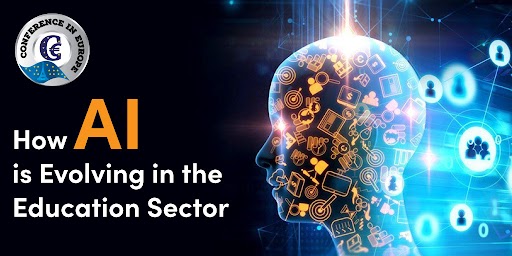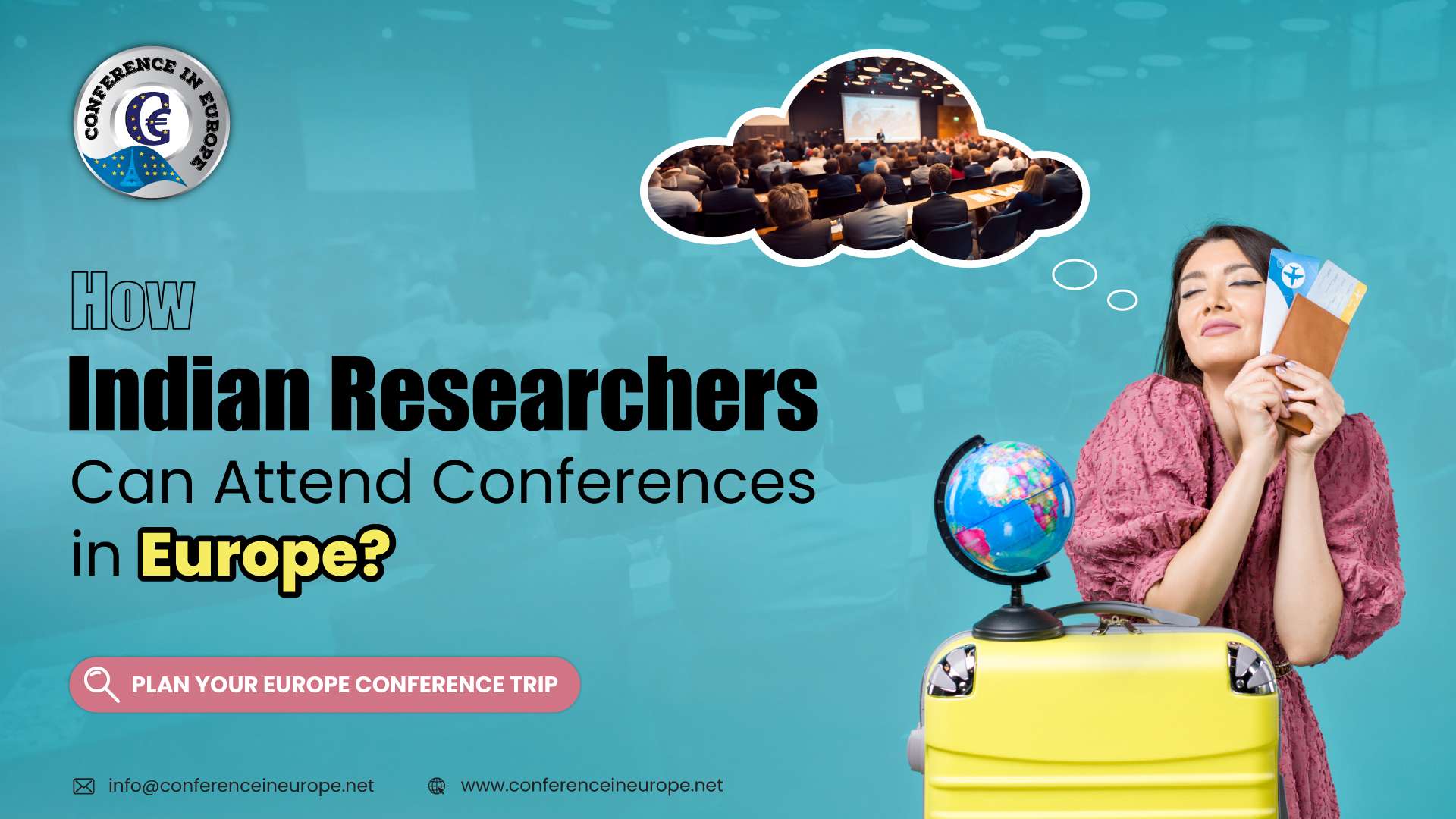
The emergence of AI as an integral part of modern life is not only showing its multidimensional implementations but also that the technology is creating significant and beneficial changes. For example, educators have now found potential methods of teaching and learning through incorporating new interactive and adaptable access to knowledge and the learning process.
AI technology is also evolving rapidly, which shows enormous expansion in scope to enhance the quality of learning through these new interactions and intelligent data processing. However, the education sector has become one of the most critical areas of development through AI technology in recent years. Knowing the facts about the latest technological developments in EdTech can benefit you as a learner and expand your understanding of business prospects and developments in a better way.
How is Education Technology Evolving?
Personalized learning and efficient, adaptable access to quality content are the most fundamental factors in the case of learning. Breaking the barriers of traditional fit-for-all learning processes through innovative and customized data-based environments is the essential approach of AI in education. EdTech is now expanding the opportunity to create a learning system that students can prioritize according to their needs and proficiency.
On the other hand, advanced generative AI based on Large Language Models (LLMs) shows a broader knowledge base adapted for learners from different areas. Unlike traditional learning systems, AI-driven learning modules are now breaking the barriers of the personal learning styles of individuals. AI-driven decentralized solutions incorporating blockchain technology are also evolving to resolve data protection and authentication issues for millions of students and teachers all across the globe.
Powerful upgrades through Google’s Pathways Language Model (PaLM) are now capable of scaling 540 billion parameters, which can create faster language and arithmetic processing, common-sense reasoning, or pattern recognition, contributing to advanced EdTech developments.
How is AI Signifying Enormous Opportunity in the Education Sector?
Closing the technology gap
Minimizing the gap between teacher and student by creating inclusive technological interactions is crucial in AI-driven education. Creating an ethical learning system with quality content in different online course materials is influencing a large number of students. Upskilling students in various fields is crucial in this rapidly evolving employability marketplace, where work environments and procedures are being disrupted.
It is evident that, based on your subject of interest, AI can now offer you more unbiased and quality content through data-driven platforms with efficient communication. However, efficient and interactive approaches through improved data analysis and language processing are being incorporated for adaptive learning experience on a large scale.
Developing interactive adoptions
Creating a highly interactive learning environment is one of the most critical factors of quality education. AI technologies like Anthropic Claude 2 show an effective chatbot system that can analyze and summarize texts for better learning performance. After ChatGPT 3.5, advancements in ChatGPT 4 can now deliver a large set of information with high accuracy, which can create charts or resolve arithmetical problems.
The collaborative approaches of different universities across the world also signify a holistic development for practical issues like limitations in the classroom and sessional assessment lessons. However, AI is being developed to resolve the crucial issues students and teachers face in a classroom setting. The AI-driven online education approach shows significant positive responses among students of different age groups.
Customized approaches to learning and teaching
The human-centered approach in AI development primarily focuses on recent R&D, which can be effectively implemented in the education sector. AI can assess a vast range of data for the user to create efficient and appropriate learning modules. Addressing the variability of learning among students allows organizations to suggest relevant and compelling content and learning approaches. However, the evolution of EdTech with the help of AI refers to the adaptive learning by the leaders and business organizations to align with the technological advancements.
New developments focus on creating an adaptive learning process for the individual learner by interactively unfolding a step-by-step process. International conferences on Education Technology are playing a vital role in creating in-depth understanding and effective knowledge on these technological adoptions in the sector. However, the consistently improving user experience is signifying the changes and adoptions in interactions by the students in AI-based learning modules.
Real-time feedback system and recommendation
Digital transformation in the education sector effectively shows a higher degree of user convenience and personalized approach. The education sector also offers crucial adoptions of advanced generative AI technologies that can assure the learners by providing feedback and human-like responses. Recently made feedback loops concentrate on an efficient procedure of checking for and validating comprehension that is particular, non-evaluative, manageable, and focused on a learning aim.
Rapidly evolving EdTech refers to adopting potential improvement frameworks by incorporating these functions of AI to create more engagement in the learning procedure. Apart from that, AI can improve the quality and quantity of feedback given to students and teachers and offer authentic resources to help them improve their teaching and learning. For example, recent updates in the ML Ops tool significantly retrain through a feedback loop based on the additional training data.
Collaborative approaches with teacher
The recent updates in AI significantly focus on collaboration mechanisms that can align with the learning and teaching goals. On the other hand, teachers are using AI-driven approaches for overseeing question generation and assessment to achieve a comprehensive set of instructional objectives. However, this factor can allow you to understand the inclusivity in an education system that gives importance to students’ requirements.
Developing collaborations and bridging the gaps of manual issues in the classroom is being re-assessed through the advancement of AI technology. With the collaboration with teachers and educators, recent AI models in education show the potential to reduce barriers like communication gaps and lesson selection for students efficiently. EdTech organizations are also adopting these factors to create more interactive and customized teaching approaches by getting aligned with the new advances in technology.
Universal learning
Creating universality through offering a personalized approach irrespective of learning styles is one of the essential factors for fast learning. For instance, a Presentation Translator powered by AI can help many students and create an inclusive learning environment. However, fostering readiness in the education system after the emergence of AI technology is crucial in showing governmental approaches for new policy developments.
The 5th International Conference on Artificial Intelligence in Education (AIET 2024) will provide a broad spectrum of knowledge on policy-making and ethical implementation of technology in the education sector. Addressing futuristic developments and effective technological adoptions are the primary goals of this kind of EdTech conference. AI is pivotal in creating inclusive and equitable education with high quality as UNSDG 4. Developing universal platforms with personalized approaches in learning modules is attracting different large and small educational institutions all across the globe.
Practical Examples of Implementation of AI in Education
We are now going through a transforming world where user convenience and efficiency matter more, and the education environment is no exception. The recent developments in AI technology essentially focus on a holistic approach to knowledge sharing through predictive analysis of the performance trends of students. AI-powered frameworks are being utilized to identify at-risk students early and plan for personalized intervention and support.
However, different data parameters are analyzed by AI systems to build customized learning routes for creating integrated environments through artificial intelligence. On the other hand, AI assists in the creation and curation of educational content. Tools like Quillionz can generate intelligent content summaries, helping teachers with resources and lowering their content creation time. However, developing interactive and adaptive learning is the most essential factor of an AI-driven learning environment, which refers to an inclusive and efficient learning process for a large number of students across the world.
Organizations like Coursera have incorporated adaptive learning models for students, which ensures customized learning direction by identifying weaknesses and individual requirements. However, EdTech conferences also incorporate comprehensive perspectives of knowledge and a practical understanding of the role of AI and how it is reshaping the future of the education sector. Attending these education technology conferences in Europe can allow you to explore new knowledge and ideas that benefit you considerably.
The Power of Advanced AI in EdTech conferences
The latest advances in EdTech significantly emphasize learning experiences that can create value for different learners and teachers. As AI technology has the potential to create interactive and customized approaches, the technology is reforming the education system by eradicating the traditional education environment.
However, attending the EdTech conferences in Europe significantly shows the scope of exploring top educators and tech enthusiasts, which can be a beneficial milestone for your education business or advanced teaching approaches. Apart from that, as these conferences proactively forge connections and partnerships with world-renowned educators, business entrepreneurs, students, and tech professionals, you can avail yourself of the opportunity to expand your professional career.
For example, the EDUtech Europe Conference and Exhibition will hold 3,000 attendees with 300 speakers and more than 100 EdTech suppliers in Amsterdam on October 2–3, 2024. Gathering knowledge through personal interactions and systematic offerings in the conference will certainly create better understanding on the emerging AI technology and its ethical and powerful implementations in the education business with futuristic approaches.
AI and Your Shared Vision in Education
Aligning your shared vision with AI model adoptions is one of the key factors that must be assessed through authentic and practical knowledge. Proper AI systems and tools need to be incorporated into your shared vision for learning and teaching. However, understanding a broader perspective, like ethical issues or the future of an adopted model, needs to be evaluated by experts.
Education Technology Conferences in Europe can support your vision and goal for an education business or organization by exploring different ideas and people. Apart from that, the scope of networking in this rapidly changing world is also essential, which can be developed through these top conferences next year.
However, focusing on modern learning principles and reviewing education goals and technological capability can foster trust and growth by creating collaborative efforts in the digital era of the education sector. Moreover, identifying the drivers of changes along with the influential education trends are playing a vital role which can make your ventures more robust and sustaining.
FAQs
Q. How Is AI Used In Education Today?
Artificial intelligence (AI) is revolutionizing the education sector steadily. It helps students adapt to learning in a better and faster way with the help of instructions and high-quality materials. Students get help with homework and language translation and save time searching for information online. Also, teachers and education administrators use AI to interpret data, make better decisions, and manage schedules.
Q. What are the essential facts in education and AI?
Artificial intelligence and education are closely connected. AI is crucial in adapting to students’ needs and providing teachers with valuable insights. However, it’s essential to consider ethical use, data privacy, and the importance of human involvement in education. AI is beneficial for education in the following ways:
- Personalized Learning
- Adaptive Learning Systems
- Automated Grading
- Virtual Tutoring
- Data Analytics
- Language Processing for Feedback
- Gamification for Engagement
- Smart Content Creation
- Early Intervention
- Facial Recognition for Attendance
Q. What is the importance of AI in education?
AI plays a pivotal role in education by providing personalized learning experiences to students based on their unique needs. Also, it enables educators to create content and update it efficiently. Thus, students stay updated with the latest information and prepare for future challenges. AI enables human-like conversations interactively. This fosters a better learning environment for the students.
Stay Updated on Top Conferences in Europe!
Subscribe to get the latest updates on upcoming academic conferences across Europe, covering engineering, medicine, business, AI, and more. Delivered straight to your inbox!
Get Conference Alerts





